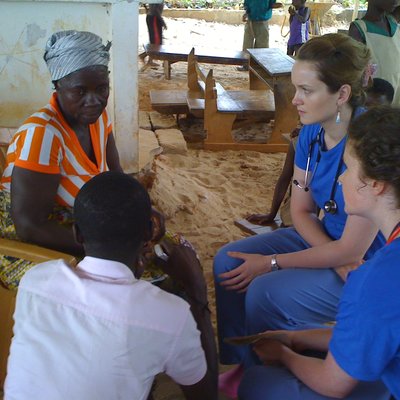
In the UK, between 2015–17, those living in the least deprived areas could expect to live roughly 19 more years in good health than those living in the most deprived areas.
Health inequities are unfair and avoidable differences in health status between different groups of people, often due to factors outside of their control.
These systematic differences can be seen in a person’s overall health, the care available to them, and the opportunities that allow them to lead healthy lives.
What causes health inequities?
There’s no one cause of health inequities.
It is the result of several social factors and conditions. A person’s education, employment status, income level, gender and ethnicity all significantly influence how healthy they are.
In England, some ethnic groups are more likely to live in deprived areas than others.
One report indicates that ‘over 50% of people in the Bangladeshi and Pakistani ethnic groups lived in the most deprived 20% of areas in England in 2011.’
How does this relate to health inequities? Research suggests that those living in more deprived areas will experience poorer health outcomes than those in less deprived areas.
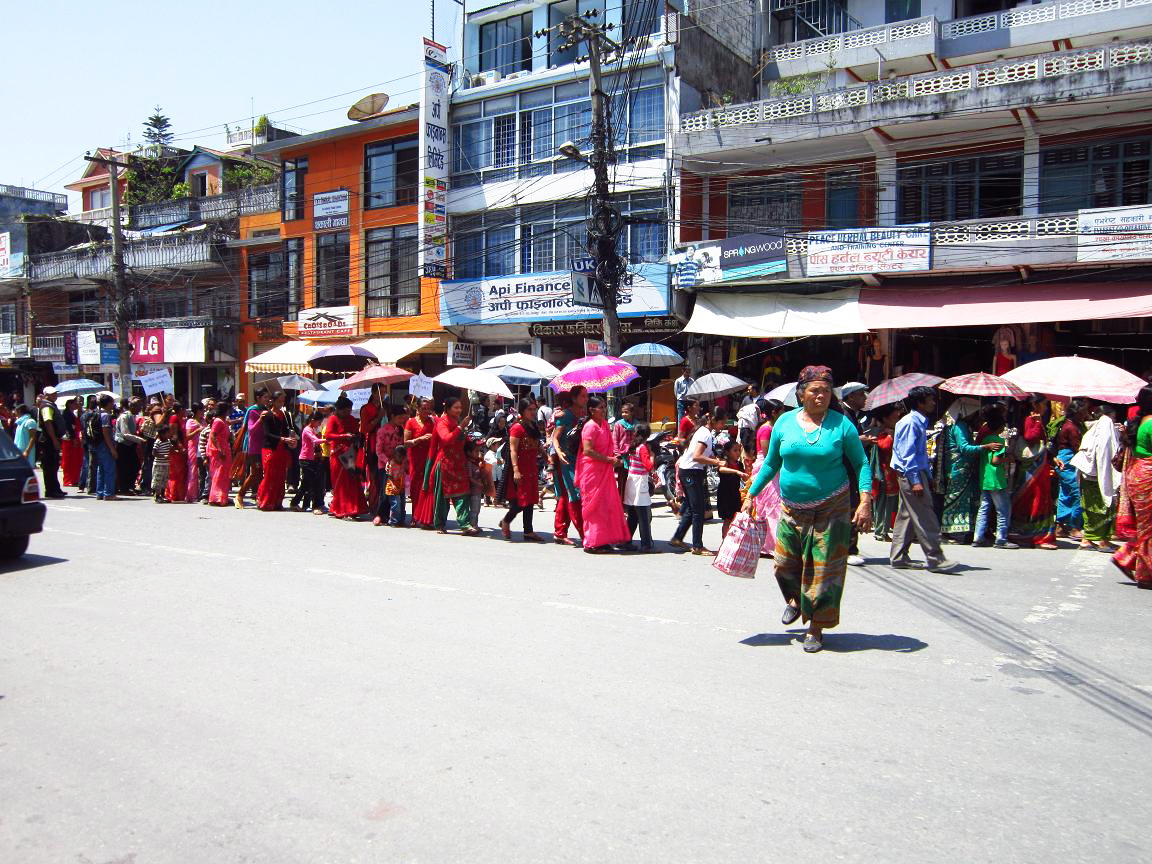
How does it relate to global health?
87% of premature deaths due to noncommunicable diseases occur in low- and middle-income countries.
Take the statistics mentioned above, for example. According to the World Health Organization, NCDs cause significantly more damage to individuals and the broader society in low-income countries than elsewhere;
In low-resource settings, healthcare costs for NCDs can quickly drain household resources, driving families into poverty. The exorbitant costs of NCDs are forcing millions of people into poverty annually, stifling development.
The unequal distribution of income, power and wealth are fundamental causes of health inequities – leading to the marginalisation of individuals and groups.
And the disparities in income, education, government corruption, housing and sanitation between some countries are enormous.
And the result? Significant differences in life expectancy rates, infant mortality rates, instances of infectious diseases due to poor sanitation and growing rates of obesity resulting from poor diet.

How are global health inequities being tackled?
Health inequities result in significant social and economic costs to individuals, societies and countries.
Evidence of this was seen during the Covid-19 pandemic.
The repercussions of the pandemic were catastrophic across the globe. But it’s no secret that some countries were hit harder than others – socially and economically.
The pandemic shone a light on global health inequities and the disparities that persist between countries.
The World Health Organization stresses the importance of countries working together to improve worldwide health security. To do so, they’ll be helping countries to build robust health systems and healthy populations by:
- Speeding up access to tests, vaccines and medicines
- Leading a global campaign to strengthen the global health workforce
- Providing global leadership in science and data
- Re-focusing efforts on tackling infectious diseases
- Combating drug resistance
- Preventing and treating NCDs and mental health conditions
- Focusing efforts on climate change and health, reducing air pollution and improving air quality
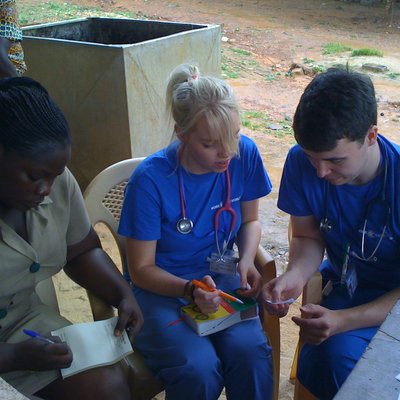
Why is global health important for you as a healthcare student?
As a healthcare student, gaining a global health perspective and even seeing the impacts of health inequities firsthand will open your eyes to the realities beyond the well-equipped healthcare system you’re used to.
Understanding the issues other countries face is hugely beneficial to your learning and will be essential later in your career.
You’ll have a better understanding of how to improve the delivery of healthcare. And understand how policies can shape this, both nationally and internationally.
Experience it for yourself
On an overseas placement, you’ll see firsthand how global health inequities affect healthcare systems and how these impact communities and individuals in low-resource countries.
You’ll experience how healthcare professionals tackle health inequities and come face-to-face with global health issues in the field.
If you travel with Work the World, you'll see how a country’s landscape can affect health inequities. When a landscape is primarily rural, much of the population has no choice but to travel great distances for medical care. The costs involved mean patients often delay the inevitable, resulting in late presentations and advanced conditions.

You’ll also see firsthand how overcrowding, poor housing, and sanitation can impact health inequities. In some of the larger cities, the more economically disadvantaged areas struggle with regular outbreaks of infectious diseases, such as cholera, malaria, and TB.
An overseas placement, no matter where you travel, is a chance to challenge yourself and gain a new perspective on healthcare that will benefit your learning and future career.
Contact us via the enquiry form to learn more about our electives abroad and how we can tailor your experience to suit your clinical goals and needs.

GET
STARTED
Want to experience a life-changing overseas placement? Choose your discipline to get started.
Want to experience a life-changing overseas placement? Choose your discipline to get started.

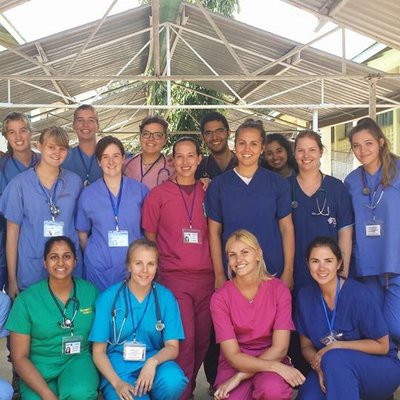
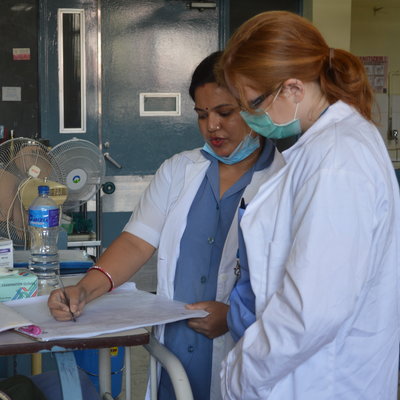
.jpg)





